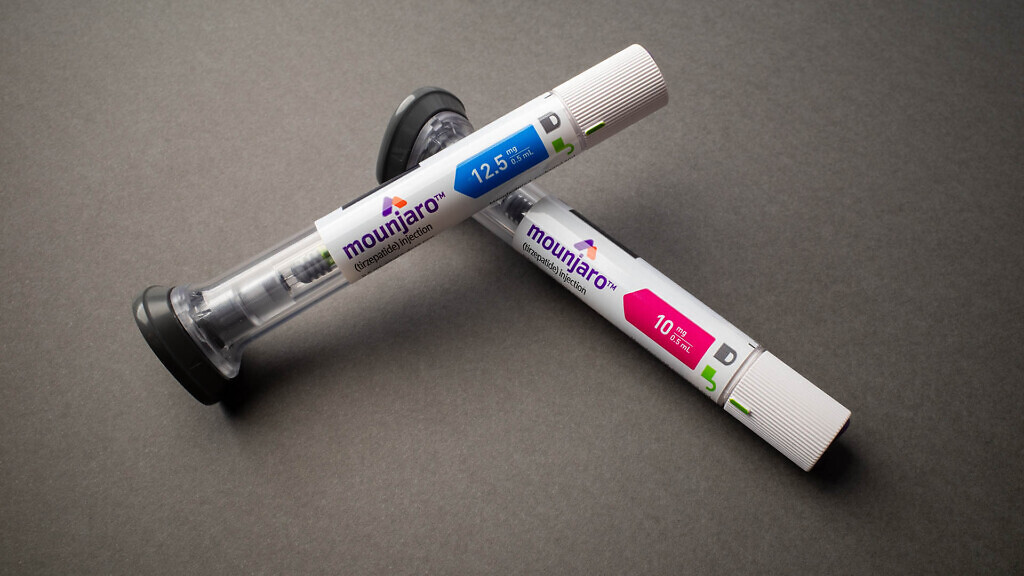Kevin Joshua, clinical lead at Juniper, explains why holistic support is critical for an effective GP rollout of Mounjaro.
More than a quarter of adults in England are living with obesity. New interventions are urgently needed to scale back this crisis and its wider implications on national health. The NHS’s recent GP rollout of Mounjaro is a pivotal moment; coupled with the strong focus on obesity in the government’s 10 Year Health Plan, it has the potential to improve weight management in the UK significantly. However, the GP rollout only applies to a limited cohort of patients, and will only go so far in granting access to all those who need it.
This is a positive first step, and the potential for transformative change is clear. This can only be realised if the rollout is matched by adequate support for specialists delivering care. Combining this change with digital support is the way forward, enabling the comprehensive, wraparound care required for patients to achieve effective weight loss. Focusing on a holistic approach to treatment is vital here if this investment by the NHS is to be used effectively.
NHS readiness for weight loss medication rollout
While the NHS’s rollout of Mounjaro through GPs is the most tangible action to date, recent data from Juniper surveying NHS GPs, NHS nurse prescribers and NHS pharmacists, makes clear that the NHS is not yet fully prepared to provide the wraparound care and ongoing monitoring required to make this a meaningful change. 94% of respondents are concerned about the NHS’s ability to provide safe, ongoing care for patients prescribed GLP-1 weight loss medications, citing pressures on resources and monitoring capacity.
This is despite 98% of respondents believing GLP-1s are a safe and effective treatment option for eligible patients, but only when prescribed and monitored safely. Despite the rollout, the NHS is only in a position to offer proper care to a limited cohort of patients. With approval from specialists, and the established view that weight loss drugs like Mounjaro are effective in reducing obesity – success hinges on the NHS’s ability to develop this wraparound care framework.

Ongoing wraparound care is critical to long-term weight loss success
Obesity is not a one-stop fix. It requires ongoing support if sustainable results are to be achieved. The most obvious barrier to a successful obesity strategy, therefore, lies in the provision of essential wraparound support needed for long-term success.
This support, which includes regular, ongoing check-ins, nutritional advice, psychological support, as well as tailored exercise programmes, is central to a holistic weight loss journey. 100% of respondents believe additional support services are important alongside a GLP-1 medication prescription. To add, 33% believe medication won’t be effective without wraparound care services and 86% say patients may discontinue treatment without this support. The nature of obesity requires long-term support – reducing the number of those living with this disease relies on delivering this care.
Digital tools and telehealth are seen as the solution
Among healthcare professionals, 87% believe digital tools such as telehealth and digital health apps could improve the safety and scalability of GLP-1 medication rollouts. The rollout of digital health support such as remote health monitoring, educational support, patient health apps and consultations via app or phone is increasingly seen as viable solutions that could alleviate the pressure for those prescribing. For private weight loss drug providers, delivering this ongoing digital support has been shown to enhance patient outcomes. Frequent check-ins conducted remotely help to provide pastoral support and allow specialists to adjust dosage levels as needed. Currently, 45% of NHS GPs and pharmacists support a blended approach in offering initial, face-to-face health appointments, which then move to digital or remote follow-ups.
Concerns, however, remain about offering a hybrid healthcare approach – 38% are concerned about patient digital literacy and accessibility, while 35% worry about data privacy and whether these platforms have adequate cybersecurity in place to mitigate data breaches. It’s clear that for the NHS to achieve real progress, it needs to invest in strong digital infrastructure or integrate with digital providers, to benefit both health specialists and patients alike.
Embracing digital solutions would bring expert-led care to more patients. While other health outlets like gyms and commercial diet programmes somewhat fill the support gap for those improving their health when the NHS falls short, these alternatives cannot guarantee comprehensive medical oversight and support, which is important when medication is added to the equation. This means patients may not receive adequate care and risk regaining weight.
The rollout of Mounjaro is a turning point, but many measures must be taken if this is to be effective. By taking steps to pair the medication with ongoing, wraparound care, the NHS can ensure the Mounjaro rollout delivers on its promise and helps more people achieve lasting, healthy lives. Both patients and clinicians are ready to adopt more hybrid health approaches, paving the way for a multi-pathway approach using digital innovation. The onus is on the NHS to innovate at the same pace as pioneering companies that are delivering effective digital health solutions. Making this a clear priority is essential to ensure no patient is left behind in the fight against obesity.



